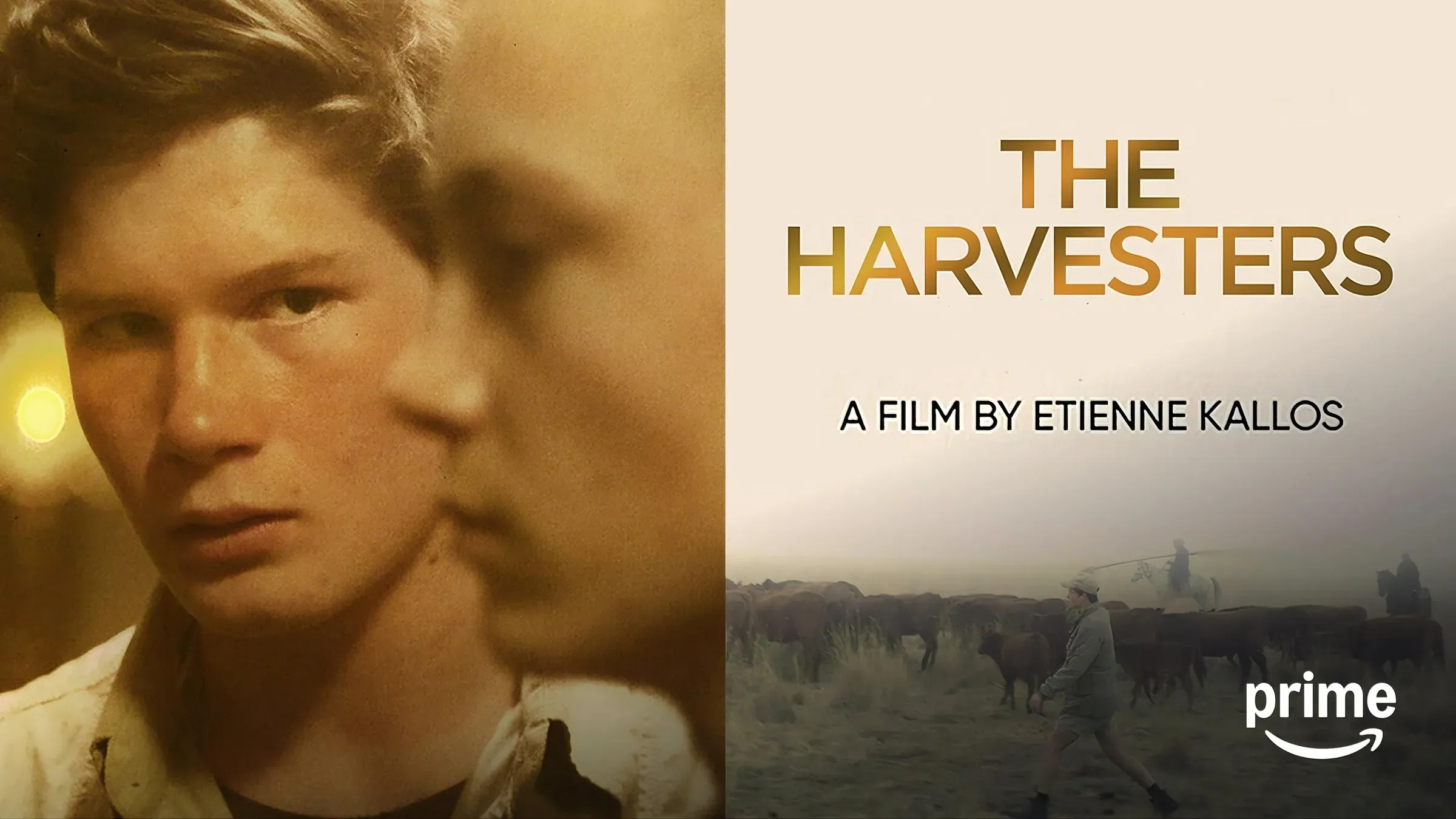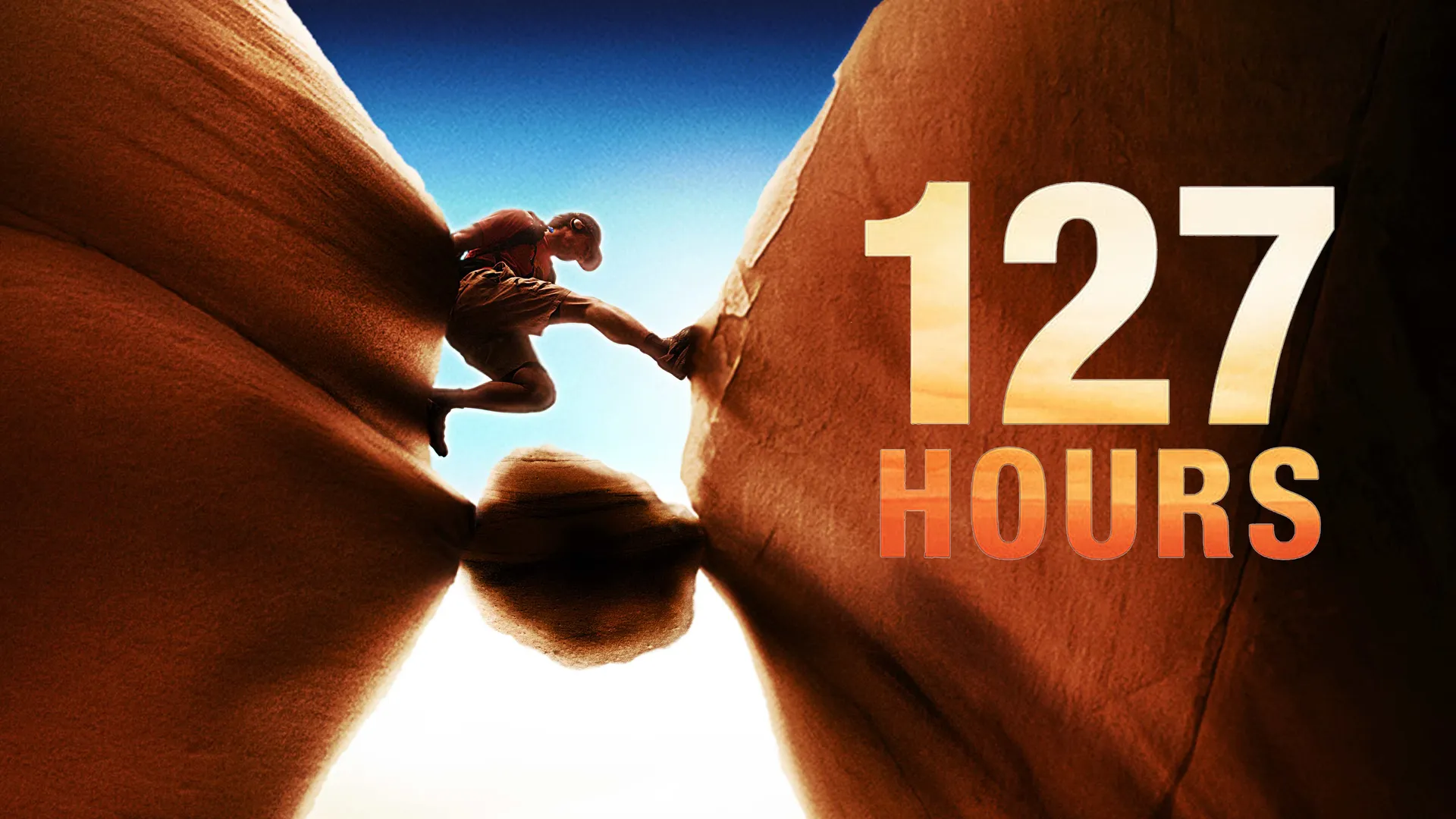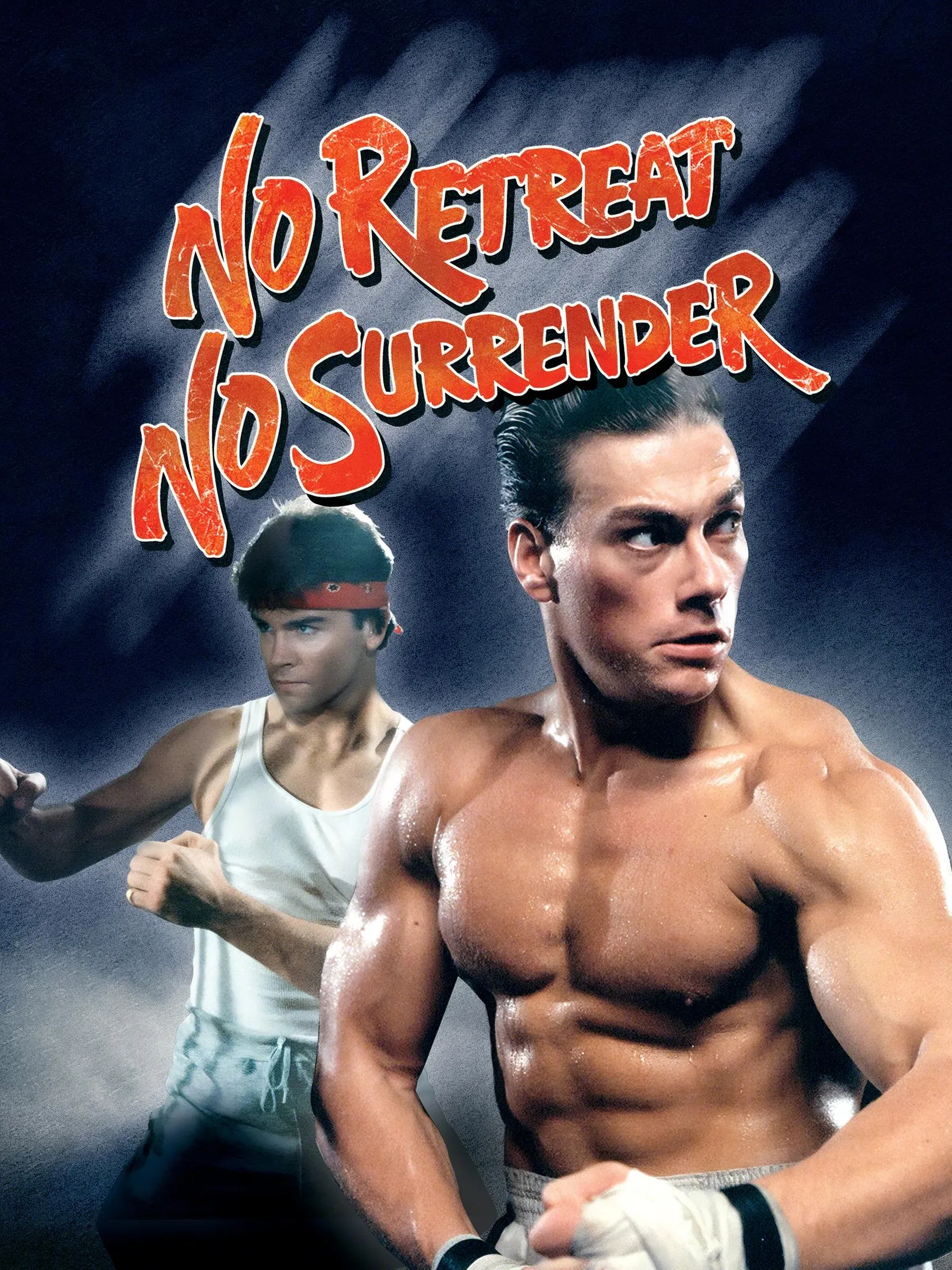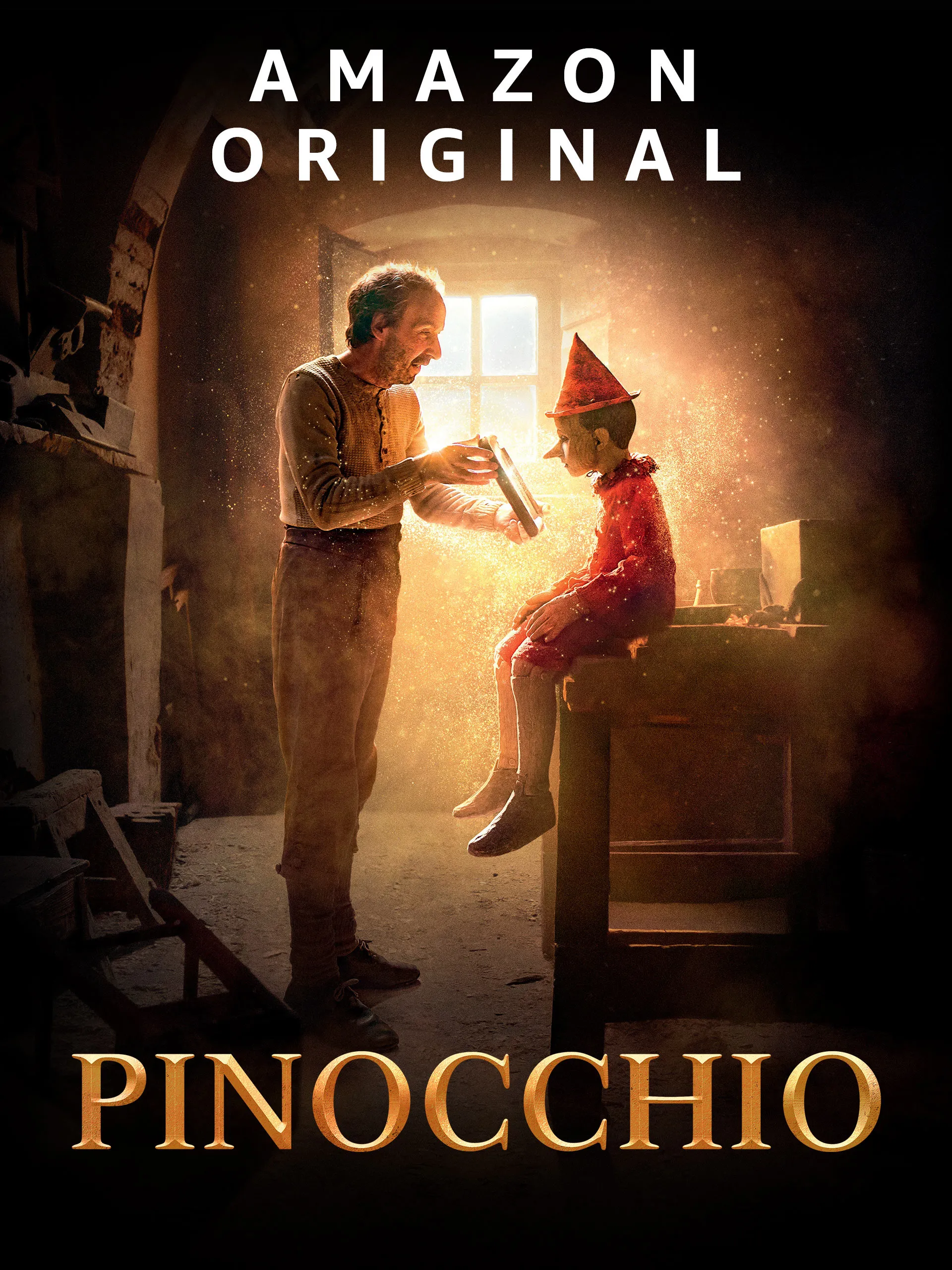The Harvesters (Die Stropers) is a South African psychological drama directed by Etienne Kallos. Set in the vast, isolated farmland of the Free State province, the film is a slow-burning meditation on masculinity, repression, and cultural identity within the conservative Afrikaner community. Premiering at the Cannes Film Festival in the Un Certain Regard section, the film received praise for its quiet intensity, stunning cinematography, and powerful exploration of internal conflict.
The story follows Janno (Brent Vermeulen), a teenage boy growing up in a deeply religious Afrikaner farming family. Janno is quiet, sensitive, and obedient—qualities that set him apart in a world that values strength and dominance. His life is built around rigid traditions, faith, and duty, and he struggles with a sense of isolation, both within his family and in his community.

Janno’s world is disrupted when his devout mother, Maria (Juliana Venter), brings home Pieter (Alex van Dyk), a tough and rebellious street orphan. She insists that Pieter be integrated into the family, believing that she can save his soul and mold him into a proper son. However, Pieter is everything Janno is not—bold, independent, and unafraid to challenge authority. The tension between them grows, setting off a psychological battle for dominance and acceptance.
As Janno watches Pieter effortlessly win over his parents, he becomes increasingly threatened by his presence. The film subtly suggests Janno’s internal struggles with suppressed emotions, possibly related to his own identity and sexuality. The unspoken but palpable power struggle between the two boys reflects larger themes of masculinity and the societal pressures that shape their lives.

As the story unfolds, Janno is forced to confront his own fears, desires, and insecurities in a world where deviation from the norm is not tolerated. His longing for acceptance clashes with his growing resentment, and the emotional stakes intensify until the film reaches its haunting conclusion.
The Harvesters received largely positive reviews from critics, particularly for its cinematography, performances, and exploration of complex themes. It was praised for its subtle approach to storytelling, allowing viewers to interpret the film’s deeper meanings rather than spelling them out.

However, some audiences found the film’s slow pacing challenging, and its ambiguous ending left certain plot points unresolved. While this may frustrate viewers who prefer clear conclusions, it also adds to the film’s haunting and thought-provoking nature.
The film has been compared to works by filmmakers like Michael Haneke and Lucrecia Martel, known for their restrained yet emotionally intense storytelling. It is a film that lingers in the mind, prompting reflection on themes of repression, identity, and the weight of tradition.
The Harvesters is a quiet yet powerful film that examines the struggles of identity and belonging in a rigid, traditional society. With its breathtaking cinematography, restrained performances, and haunting atmosphere, it is a deeply immersive experience that stays with you long after the credits roll.




